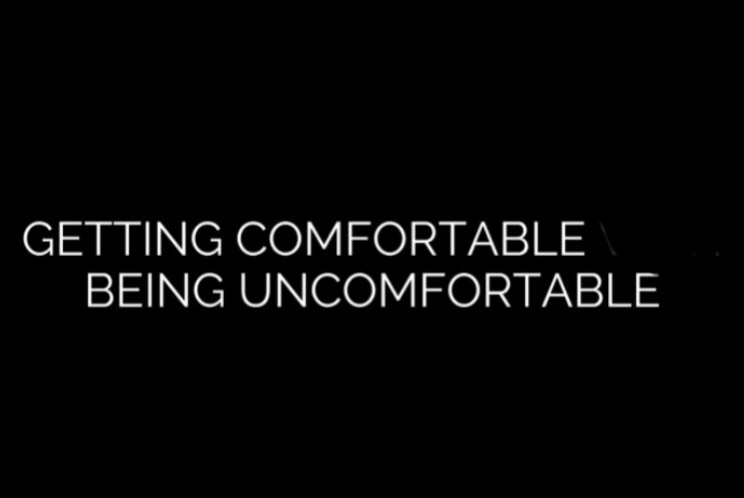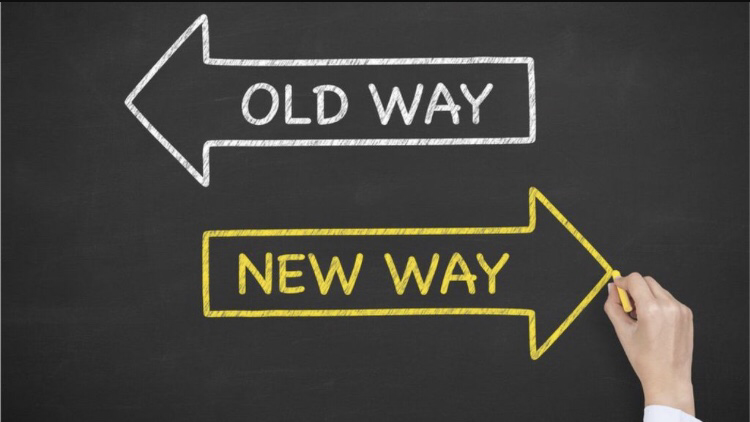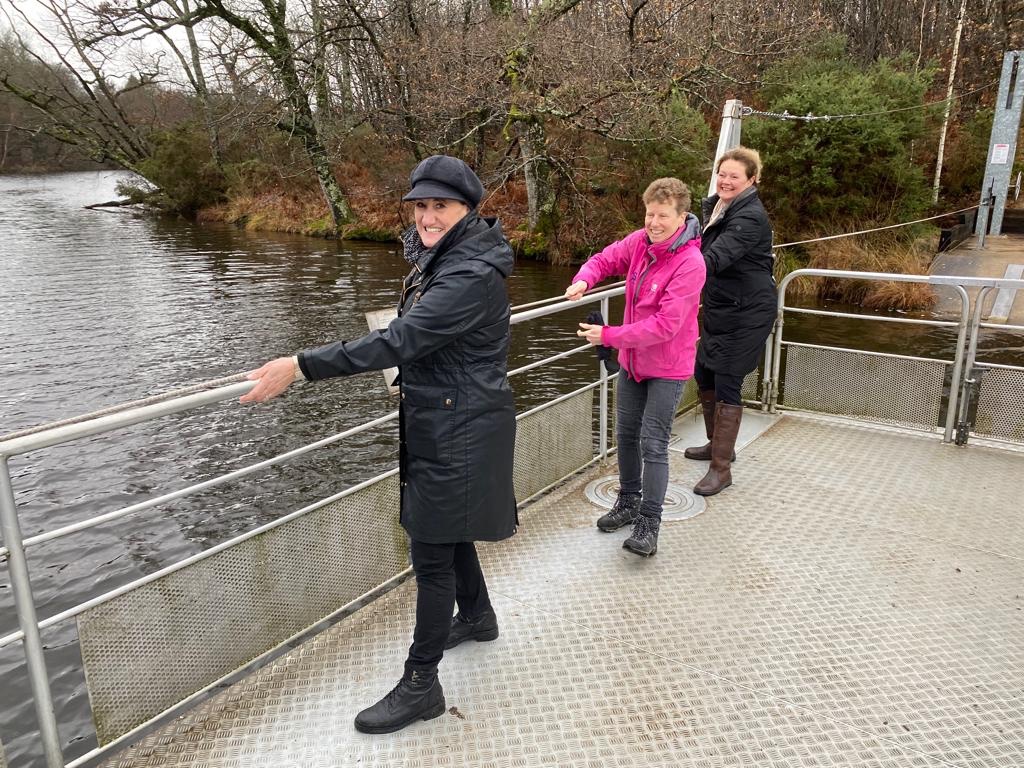
New experiences can be daunting, especially when it requires us to stretch ourselves and learn something new.
Recently, I had the opportunity to start delivering an accredited certificate in professional coaching practice to some experienced coaches. I felt the common feeling of stretch, discomfort, and self-doubt – just like many of the people on the course as they learned new techniques.
Reflecting on how I felt, reminded me of my own journey as a coach. I once thought that my learning journey would have a start and a finish, but I now know that the journey never truly ends. In fact, I’ve learned that the discomfort and challenges of the learning process are what make us stronger and better versions of ourselves.
I recall writing a final paper for my coaching degree, describing my learning journey as one of holding up a mirror, seeing myself, shattering that mirror, and being left with shards of glass. But now, I realize that those shattered pieces represented my learning, self-awareness, and development. They now form the most beautiful and original mosaic, reminding me to be kinder to myself and to accept what I stand for as a coach today and that I will continue to break my mirror, learn and grow.
So, to anyone starting something new, my advice is to get comfortable being uncomfortable. Embrace the challenges and the discomfort of the learning process, and let it make you a better version of yourself. Happy learning!








